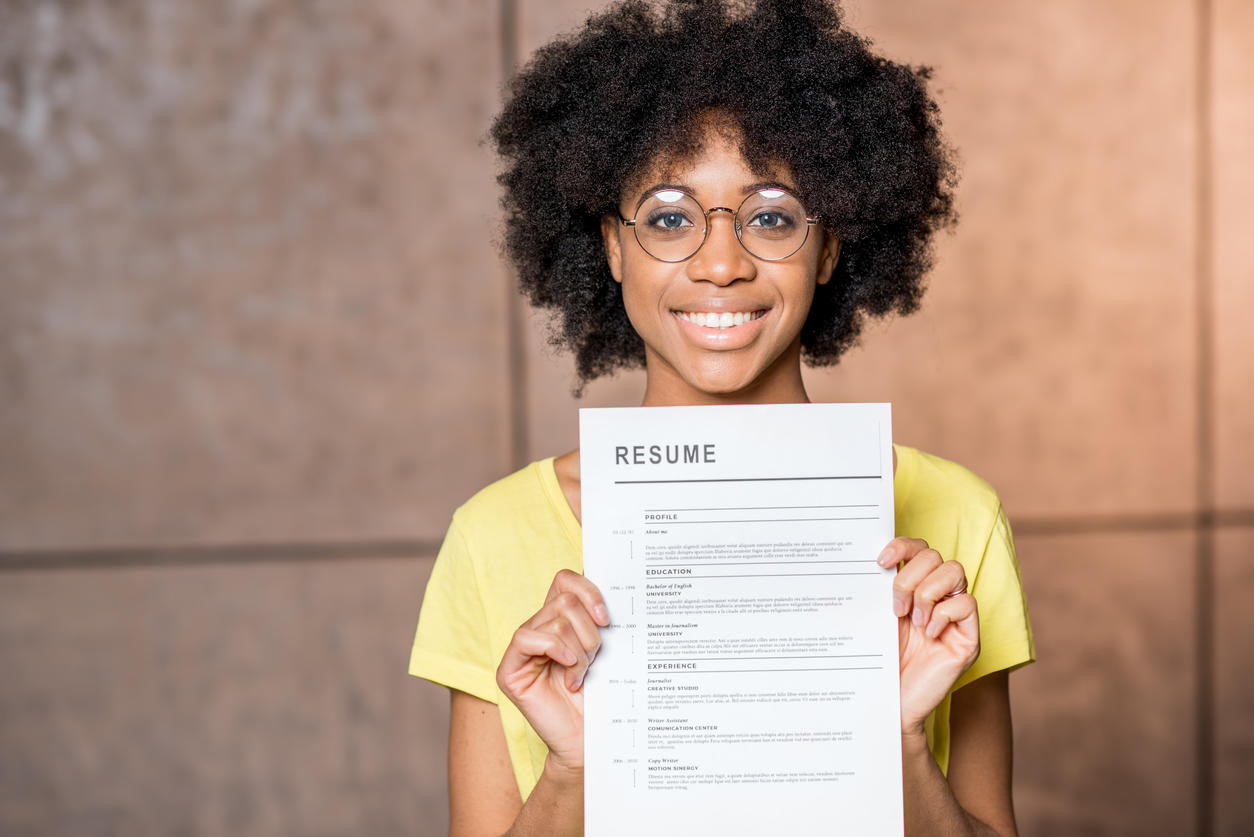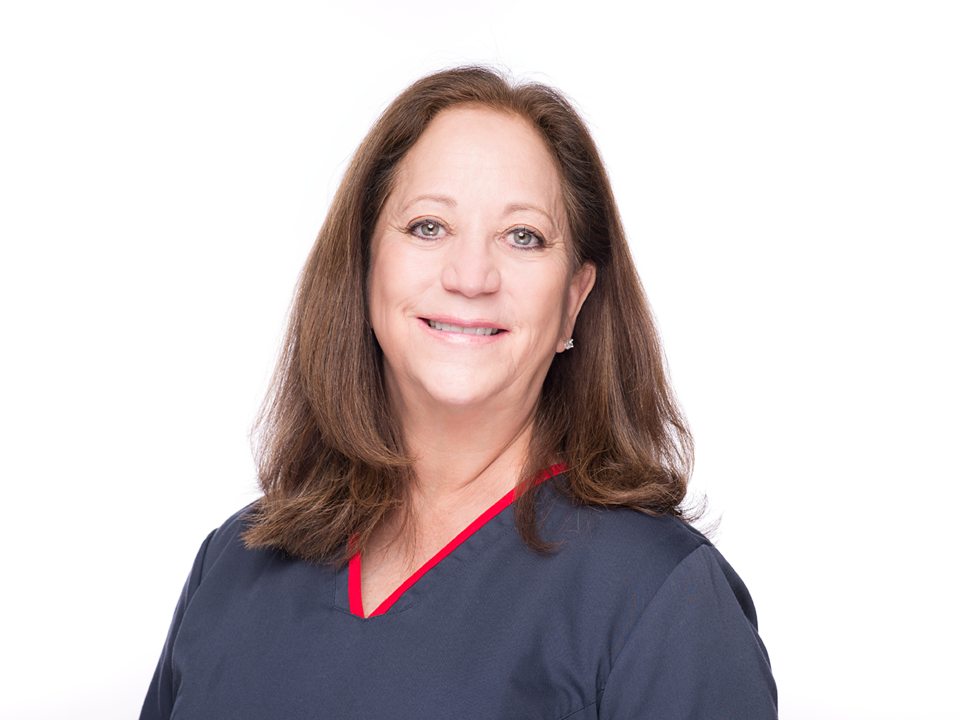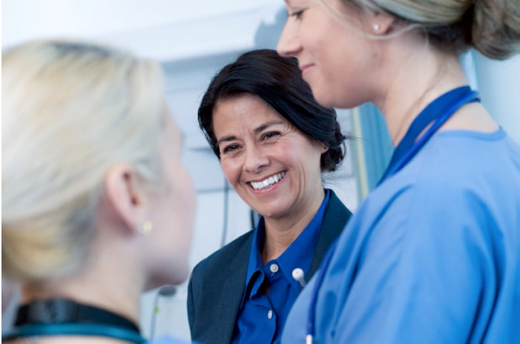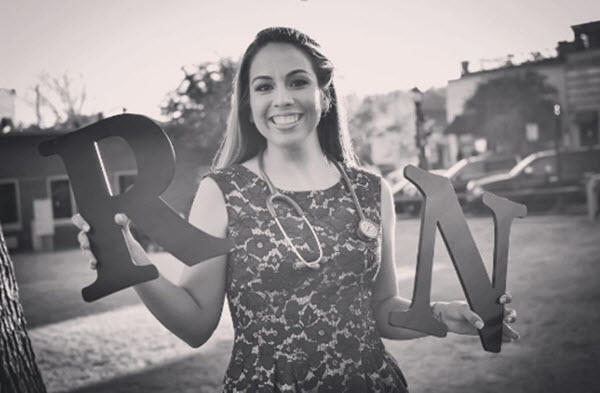Featured
Tags
Share
Megan Pratt, an intensive care traveling nurse, arrived in New York City two weeks ago after driving from her home in Maryland to help fight the coronavirus pandemic.
“I’m taking care of some really, really, really sick people,” says Pratt, a Chamberlain RN to BSN Online Option graduate who is deployed in the surgical intensive care unit (SICU) and has worked in the post-anesthesia care unit (PACU) they converted into COVID-19 ICUs at NYU Langone Hospital — Brooklyn. “Everyone here has COVID, is on vents and has acute respiratory distress. We don’t stop moving the whole time we are here trying to help them, but there are patients dying all around us. All night long all you hear is Code Blue, non-stop, Code Blue.”
Pratt, 36, is one of the growing waves of nurses from across the country who bravely responded to Gov. Andrew Cuomo’s SOS plea to doctors and nurses from out of state to come help: “We need you.” As of Sunday, the Empire State has confirmed over 190,000 cases — more than any other country outside of the U.S. — and recorded more than 9,300 deaths.
Pratt hit the ground running. Working 14-hour shifts — two days on, one day off, Pratt says she’s charged with two to three ICU patients, which is almost triple the typical intensive care 1:1 ratio in “normal times.”
“Some nurses have four patients; you just never stop,” she said. “My body feels like I was hit by a bus. This is the hardest thing I’ve ever done.”
What’s most brutal, she says, is witnessing the hardship on the families of patients.
“It’s so hard on families because when they enter our unit, they know they may never see their loved one again,” she says. “They call us, but we’re just going and going trying to help our patients and have so little time to talk. I had one family member call and all I could do was tell her we are monitoring his condition every second. I felt so bad.”
Most startling is the age of her patients, she says. “I’ve yet to have a patient over 60 and my youngest is 22. Most of them are or were healthy people in their 20’s, 30’s and 40’s with no co-morbidities.”
Pratt speaks candidly about the stress, fears and anxiety she’s experienced in the last few weeks, since she heeded the call to help.
“I felt called to step up and help,” she says. “I don’t like to admit this: I was scared coming up here. But in all this hardship and chaos, I’ve found a compassion that is overwhelming. It’s contagious.
“When I was driving here, I listened to all the media and thought it can’t possibly be as bad as they are saying. But where I am, it is worse. I’m not really seeing anyone get better. I don’t think people realize how bad it is up here. I have friends texting me, asking if it’s real or the media is blowing it out of proportion, they don’t believe what they’re seeing in the news.”
She’s especially inspired by her manager and the other healthcare professionals. Her manager, fellow Chamberlain graduate Liz Douglas recently discussed managing care in an ICU during the COVID-19 pandemic on the LIVE with Kelly and Ryan morning TV show.
“The people I am working with are amazing,” says Pratt. “Liz comes in with the best, most uplifting attitude. She’s one of the most incredible leaders. She just jumps into the trenches and starts helping all of us.”
The community also has stepped up to help healthcare workers stay strong with an outpouring of support. Restaurants, pizzerias, coffee shops and local businesses have been helping what the hospital is billing as the #NYULangoneHeroes! Her family, 10 of whom are nurses or in the healthcare profession, have been flooding her with supportive texts, packages of healthy bars, restaurant gift certificates, and headbands for her hair.
“By the time I get to my phone when I’m leaving the hospital, I’ve got 36 text messages from family and friends cheering me on,” she says. “When I miss them, I think of the reality that even if I was there with them, we’d be socially isolating and have to communicate this way anyway. I must say, I’ve been overwhelmed by the support.”
Off duty, Pratt is renting an Airbnb in Brooklyn, and going on “lots of runs and walks.”
“Working out has been my life saver,” she says.
Her advice for other nurses on the front lines: “Talk about it, talk about it, talk about it,” she says. “It’s so scary and so important you have people there for you to talk to.”
By Mary Beth Sammons
More from Home
Request More Information
To receive the Chamberlain University Program Guide, including associated career paths, please select a program of study.







